July 25, 2024
Trusting school-academic relationships: Lessons from the ROSSEY project
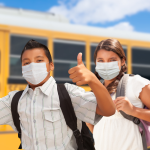
Over the past four years, the ReOpening Schools Safely and Educating Youth (ROSSEY) project has supported Yakima schools, students, and parents with vital COVID-19 information. As the project concludes, the research team has compiled lessons learned into a comprehensive handbook on school-academic relationships.
July 18, 2024
Miriana Duran receives Magnuson Scholarship
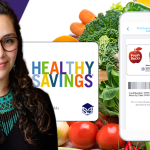
Miriana Duran, a PhD student in the Department of Health Systems and Population Health and research scientist at HPRC, has received the Magnuson Scholarship to support her PhD research to help reduce disparities faced by Latinx communities in Washington! Her research focuses on the mental health impacts of Seattle’s FreshBucks program, which provides lower-income residents…
June 25, 2024
Enhance Fitness: Partnering to improve community health
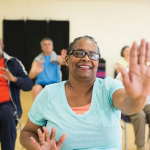
The Enhance Fitness program was highlighted in the Center for Disease Control and Prevention’s PRC Issue Brief. Learn how we partner with our community partner Sound Generations to bring this program to older adults across Washington.
May 1, 2024
Navigating workplace wellness post-pandemic: Insights from low-wage employers and their employees
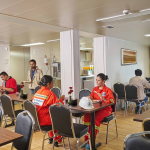
Researchers from Connect to Wellness (CtW) conducted a comprehensive study to assess the evolving needs of both employers and employees post pandemic.
April 23, 2024
“Partnership for the Life Course of Research”: Promoting Diversity in Alzheimer’s Research
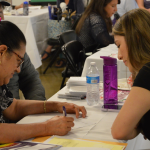
The University of Washington’s Alzheimer’s Disease Research Center (ADRC) partnered with the Health Promotion Research Center (HPRC) to address the underrepresentation of Hispanic/Latino individuals in Alzheimer’s research.
PEARLS spotlighted in Harvard’s Public Health in Action series
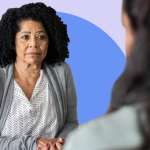
The UW HPRC PEARLS (Program to Encourage Active and Rewarding Lives) intervention was highlighted in the “Public Health in Action: Mental Health Innovations” series curated by the Harvard’s Public Health Magazine and Harvard Chan Studio.
April 18, 2024
Measuring Physical Activity: The global reach of the RAPA
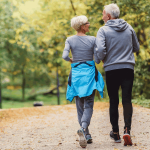
The Rapid Assessment for Physical Activity (RAPA) helps researchers, students and public health providers across the globe gather accurate data.
March 20, 2024
ROSSEY Community Brief
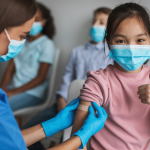
Over the past three years the ReOpening Schools Safely and Educating Youth (ROSSEY) project has provided Yakima schools with information about COVID-19 to help students continue to stay safe at school. This Community Brief shares what HPRC, the Yakima School District and the Center for Community Health Promotion have learned during the project.
January 12, 2024
“Moving Beyond Listening”: Anti-Racism Work at HPRC
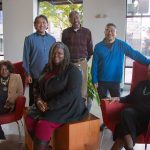
HPRC’s Change Team sought input and gathered feedback from HPRC’s Community Advisory Board members on anti-racist work. “I’d like to see some joy in this. Focus more on the strengths of this community, the resilience of this community… I want community to be invited, not you [to] bring something to them because [they’re] sick.”
Bridging Trust and Understanding: The Making of a Community-Centered COVID-19 Communications Toolkit
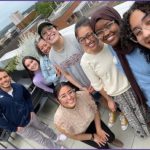
To address the challenge of COVID-19 vaccine hesitancy, Baquero, Hara-Hubbard, community partners and their team created a community-tailored COVID-19 Communications Toolkit. “Understanding the community and the cultural community you’re working with is a skill and it’s a key component of being able to do meaningful work and strengthen partnerships,” said Hara-Hubbard.